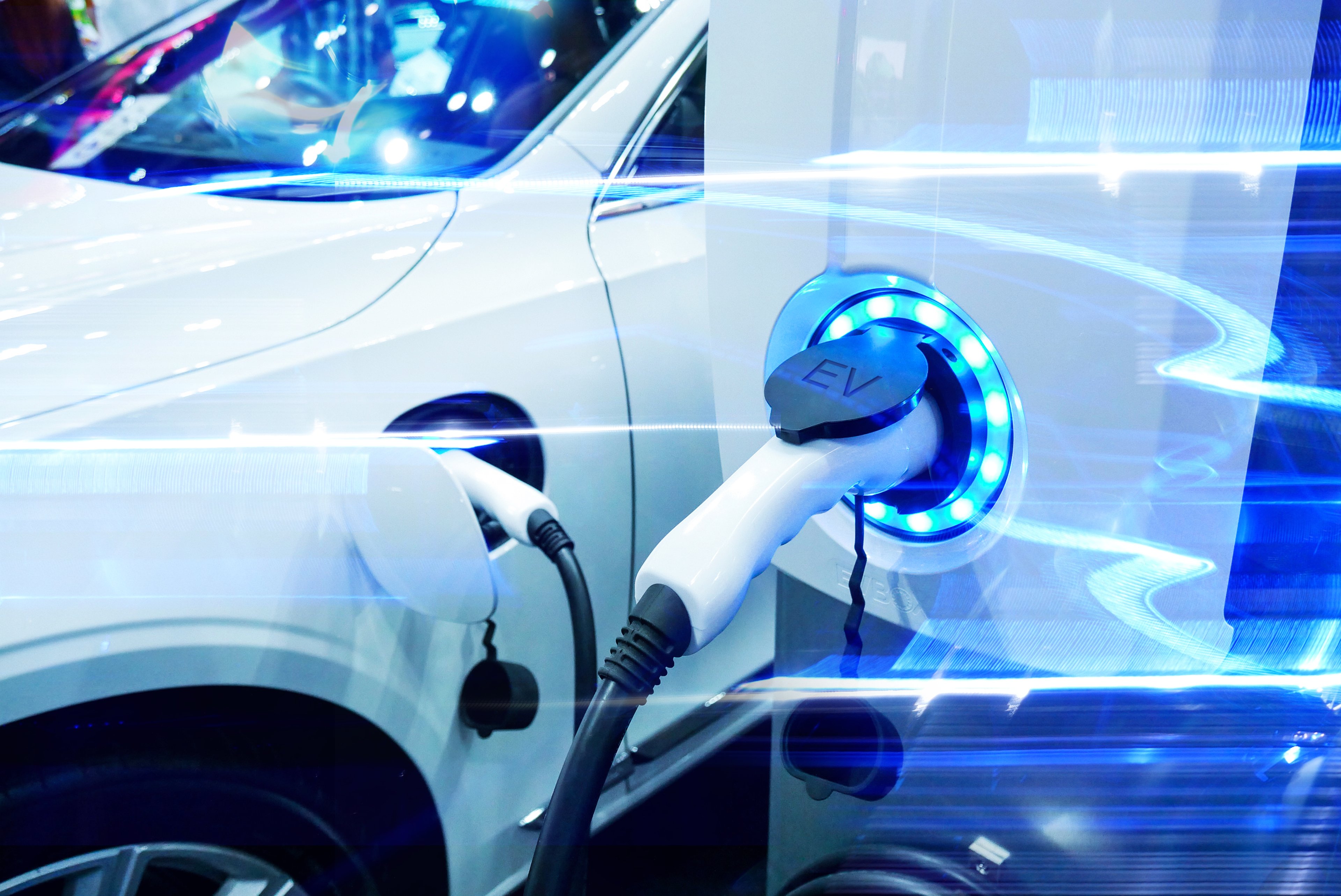BYD (BYDDY 6.55%), China's largest automaker, has seen its stock surge nearly 330% over the past five years. That rally was driven by its explosive sales growth, market share gains, overseas expansion, and technological advancements. It also outperformed many other domestic and international automakers even as the pandemic, inflation, geopolitical conflicts, tariffs, and other macro headwinds rattled the industry.
So is BYD still one of the smartest investments you can make today? Let's review its growth rates, future catalysts and challenges, and valuations to decide.

Image source: BYD.
A brief history of BYD
BYD started out as a battery manufacturing company 30 years ago. It launched its own automotive subsidiary in 2003, and it started selling its first gas-powered vehicles in 2005. It launched its first battery-powered electric vehicle, the BYD e6, in 2009. In 2008, Berkshire Hathaway's (BRK.A +0.96%) (BRK.B +1.41%) MidAmerican Energy acquired a stake in BYD. Berkshire still holds a 4.4% stake in BYD today, making it one of the few Chinese stocks approved by Warren Buffett.
BYD's auto sales stagnated from 2009 to 2020 as its annual shipments stayed at around half a million vehicles. That sluggish growth was caused by tougher competition, quality control issues, and its focus on gas-powered vehicles instead of its new energy vehicles (NEVs). The Chinese government also reined in its subsidies for the NEV market.
But from 2020 to 2024, BYD's annual vehicle sales skyrocketed tenfold from 427,302 to 4,272,145 cars, its revenue rose more than fivefold, and its net income surged nearly tenfold. By comparison, its smaller rival Nio (NIO 3.83%) only delivered 221,970 EVs in 2024.

OTC: BYDDY
Key Data Points
Why did BYD grow so quickly?
During those four years, BYD sold more EVs powered by its own lithium iron phosphate (LFP) "Blade" batteries -- which were safer, cheaper, and more power-efficient than traditional lithium ion batteries. It also revamped its vehicle designs, expanded its manufacturing plants, aggressively slashed its prices to gain more domestic customers, and expanded overseas across Southeast Asia, Europe, and Latin America.
As BYD scaled up its business, it vertically integrated its own supply chain (by manufacturing its own batteries, motors, chips, and power electronics) to reduce its production costs. It also unified its production lines with its e-Platform 3.0 architecture, which allowed multiple types of vehicles to be built with the same components, and sold a higher mix of its higher-margin plug-in hybrid vehicles (PHEVs). All of those improvements -- along with its soaring revenues and economies of scale which diluted its production costs per vehicle -- partly offset the pressure from its margin-crushing markdowns.
What will happen over the next few years?
BYD expects its near-term growth to be driven by its rising overseas sales, the expansion of its own fast charging network across China, the rollout of its higher-end AI and driver assistance features in its mid-range models, and its increased production capacity.
BYD had already eclipsed Tesla (TSLA 1.85%), which delivered 1.79 million vehicles in 2024, as the world's largest EV maker. But looking ahead, JPMorgan (JPM +0.74%) expects its annual vehicle sales to rise 29% to 5.5 million units in 2025 and 18% to 6.5 million units in 2026.
From 2024 to 2027, analysts expect its revenue and net income to grow at a CAGR of 19% and 25%, respectively. Those are robust growth rates for a stock that trades at less than 1 times this year's sales and 17 times this year's earnings.
BYD's valuations are likely being compressed by three pressing concerns: its dependence on China, which still faces unpredictable tariffs and messy macro headwinds; competition across the country's fragmented EV market; and the impact of its overseas expansion, price cuts, and other capital-intensive projects on its long-term margins.
So is it the smartest investment you can make today?
BYD still has a brighter future than many of China's other EV makers, and it should keep growing over the next decade. But it also probably won't command a higher valuation until the Chinese EV market stabilizes or the U.S. and China strike a favorable trade deal.
So while BYD might outshine a lot of other EV makers and seem like a decent stock to accumulate right now, I'd hesitate to call it the "smartest" investment you can make today. It offers a good combination of value and growth, but it's neither the best value nor growth play for this volatile market.





